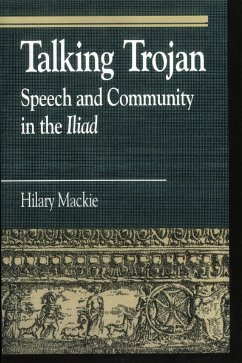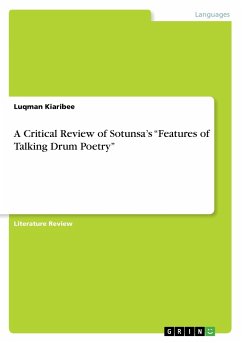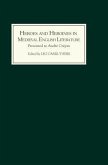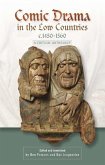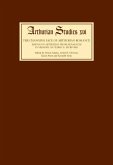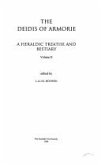In this penetrating new look at the use of language in the Iliad, Hilary Mackie examines the portrayal of the opposing forces in terms not only of nationality but of linguistics. The way the Greeks and the Trojans speak, Mackie argues, reflects their disparate cultural structures and their relative positions in the Trojan War. While Achaean speech is aggressive and public, intended to preserve social order, Trojan language is more reflective, private, and introspective. Mackie identifies the differences between Greek and Trojan language by analyzing poetic formulas, usually thought to indicate a similarity of language among Homeric characters, and conversations, which are seen here to be of equal importance to the numerous speeches throughout the Iliad. Mackie concludes with analyses of the two great heroes of the Iliad, Hektor and Achilles, and the extent to which they represent their own cultures in their use of language.
Hinweis: Dieser Artikel kann nur an eine deutsche Lieferadresse ausgeliefert werden.
Hinweis: Dieser Artikel kann nur an eine deutsche Lieferadresse ausgeliefert werden.

